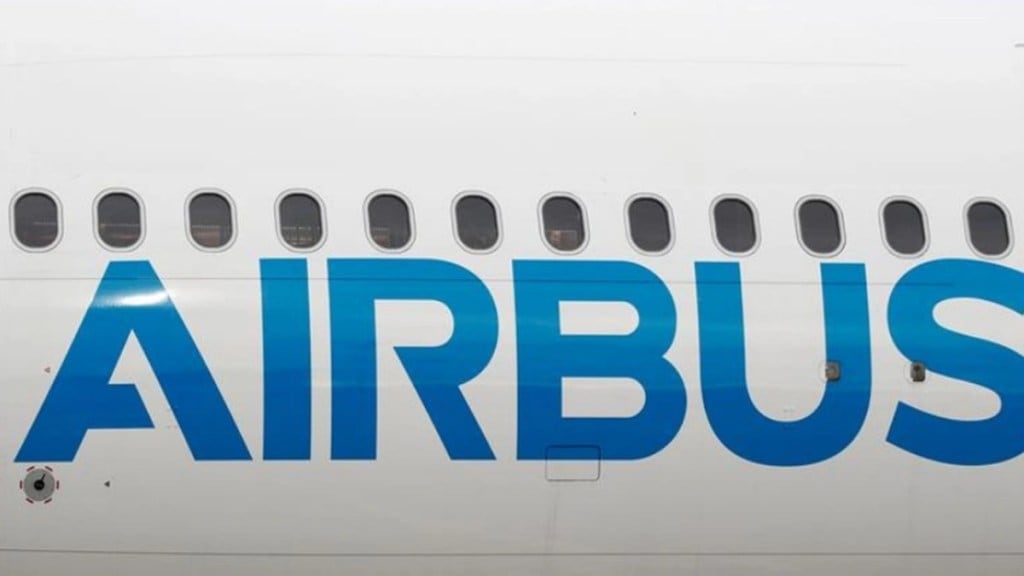Aerospace multinational corporation, Airbus sees India as a strategic resource hub, which offers the right mix of competency and competitiveness. The company is helping develop aviation and aerospace ecosystem in the country by increasing its sourcing for both, it manufacturing and high-end engineering work. Rémi Maillard, president and managing director of India and South Asia, tells Fe’s Rohit Vaid that the company’s partnership with Tata Group, for defence production, will fully address the government’s commitment towards domestic production in the area of defence. Excerpts:
Q. The government is keen that global companies build assembly lines within the country. What is Airbus’ strategy in this regard?
‘Make in India’ is at the heart of Airbus’ strategy. We are helping develop the aviation and aerospace ecosystem in the country by increasing our manufacturing sourcing from the country as well as our own high-end engineering work here. The C295 programme has opened the doors for the first ‘Make In India’ aerospace programme for the private sector. The final assembly line that we will build with our partners, the Tata Group, in Gujarat for this programme will significantly contribute towards making India self-reliant in defence production.
Q. How will this objective be met?
It will bring together the best of the private and public sectors as well as the best of MSMEs to develop the defence manufacturing industry in the country. The programme will unlock the potential for cutting-edge design, component manufacturing, aircraft assembly and services capabilities across the value chain, fully addressing the Government of India’s stated ambition of an ‘AatmaNirbhar Bharat’ in defence manufacturing.
Q. Does India have the potential to become a hub for services and components in the region?
We see India as a strategic resource hub which offers the right mix of competency and competitiveness. This is the reason we have developed a full-fledged engineering centre in Bengaluru, a futuristic digital centre also in Bengaluru and a state-of-the-art pilot training school in Gurgaon, all employing more than 2,500 people. Our engineering centre designs and develops critical technologies and systems across all our aircraft programmes, whereas our digital centre is the largest outside Europe and a key contributor to the digital transformation of the Group. Airbus is constantly increasing its sourcing from India. We export components and services worth $700 million every year from more than 45 Indian suppliers. Recently, we awarded the contract to manufacture cargo and bulk cargo doors of the A320neo aircraft family to Tata Advanced Systems (TASL).
What’s your outlook on deepening the engagement with India?
Together with our supply chain, Airbus supports nearly 10,000 jobs in India today. By 2025, this number will rise to 12,000, including 5,000 Airbus employees. On top of this, the C295 military aircraft programme will lead to the creation of an additional 15,000 skilled direct and 10,000 indirect jobs over 10 years. Today, every Airbus commercial aircraft, every Airbus helicopter, has technologies and parts designed and made in India. Our local industrial footprint is a testament to our commitment to developing the Indian aviation and aerospace ecosystem – we make in India, we design in India, we innovate in India and we train in India.
Q. What opportunities do you see in India in terms of aircraft orders?
India is already the third-largest domestic aviation market in the world and it is time for the renaissance of international air travel solutions in and out of India driven by new widebody aircraft solutions such as the Airbus A350, an aircraft that could be used to fly economically and ecologically to any destination in the US from India. According to our forecast, the country will need 2,210 new aircraft over the next 20 years, to serve its needs.

